Benefit safety net 'holes' warning from Bevan Foundation
- Published
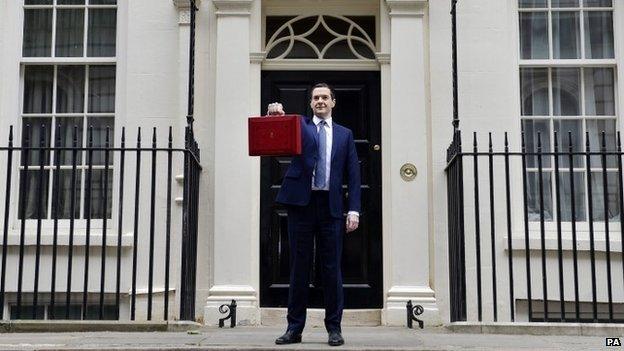
George Osborne's Budget and welfare reforms set challenges for Welsh policymakers, says the Bevan Foundation
More people will be driven further into poverty unless Welsh policymakers react to a shake-up of the UK's welfare system, a think-tank has warned.
The Bevan Foundation analysed the winners and losers in Wales.
It says ministers will need to fill "holes" in a shrinking safety net, as workless families with children face a 15% fall in their incomes.
The Treasury said it wants a lower welfare society - while Welsh ministers want to "protect people" from cuts.
The Merthyr Tydfil-based charity looked at changes, external to incomes, tax thresholds and welfare payments.
It says the winners include 600,000 state pensioners, who will get a 2.5% rise a year until 2020.
Chancellor George Osborne outlined how the welfare system would change in his recent Budget, including freezing working-age benefits for four years, scrapping housing benefit for under-21s and restricting public sector pay rises.
But he replaced the minimum wage by a National Living Wage, starting at £7.20. He also raised the amount people need to earn before they pay income tax.
The foundation says that the overall impact of the tax and benefit changes is "highly uneven" with a "substantial minority" set to see their incomes fall in real or cash terms.
The report warns that for households with few or no savings, limited assets and weak job prospects "the shrinking safety net is a very real issue even if they are not currently claimants".
The foundation says policy in Wales needs to explore how best people can reduce the need for help from the benefits system.
In summary, its analysis finds:
The increase in pensions, disability benefits and that people can earn more before they start paying tax has put £168m into the Welsh economy
However, changes to benefits will take out £183m and that is without calculating the impact of 380,600 public sector workers (28% working population) facing a pay rise of 1% until 2020

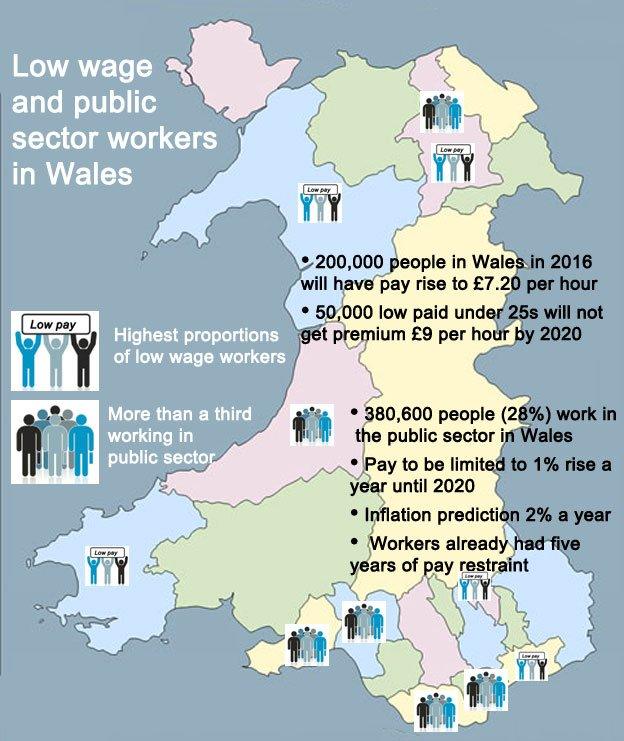

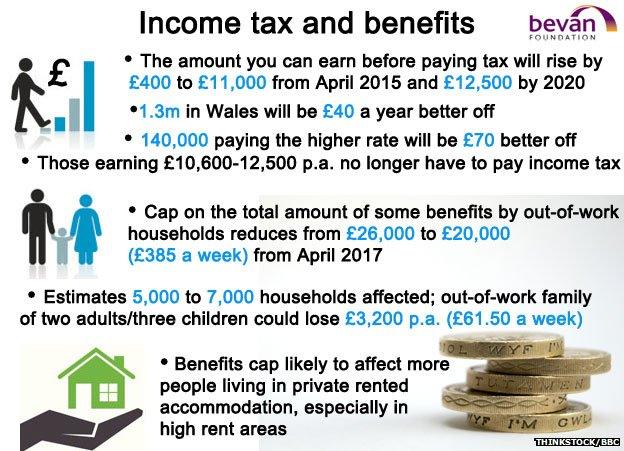

The foundation says there are challenges facing the Welsh government:
There is an "urgent need" in Wales to develop a coherent youth training and employment programme for a core 35,000 young people
A "step-change" in childcare for working parents to avoid them being penalised for an inability to take jobs
Support employment for disabled people - many want to work but there is a tough labour market and a stigma for those with mental health conditions
A "small but significant number" of households will experience a substantial drop in already low incomes. Measures are needed to ensure basic needs of food, heating, clothing and shelter are met for those in "deep poverty"
Children should be prioritised in public policy
Help for the least well-off third of homes under financial strain in Wales by considering policies such as reducing the requirement for high-cost school uniforms, paying public sector bills without a premium, increasing entitlements for free school meals
Dr Victoria Winckler, director of the Bevan Foundation, said: "It is right that employers should pay people enough to live on but it's just that right now the economy is not booming and I think it's going to be difficult for people to find extra hours to make up for the shortfall."
Dr Victoria Winckler, director of the Bevan Foundation, outlines the winners and losers
She said the 600,000 pensioners have been promised a 2.5% rise each year, which will mean a "shift in the income and spending of older people rather than younger people".
Dr Winckler added: "We need to do something quite urgently to help young people find work, support parents in work and help disabled people into work because life on benefit is going to bring increased hardship."
A Treasury spokesperson said: "As the chancellor said in the budget, we are moving Britain from a low wage, high tax and high welfare economy to a higher wage, lower tax and lower welfare society.
"That's why we have introduced the national living wage, which taken with all the welfare savings and the tax cuts means that a typical family where someone is working full time on the minimum wage will be better off in 2020."
A Welsh government spokesperson said: "The UK government has continued to cut back the welfare state. We already know that welfare cuts have a disproportionate impact on Wales.
"Our own research has shown that changes to welfare that have already been introduced will reduce the income of working-age adults in Wales this year by around £900m. These further welfare cuts will make this worse."
- Published8 July 2015
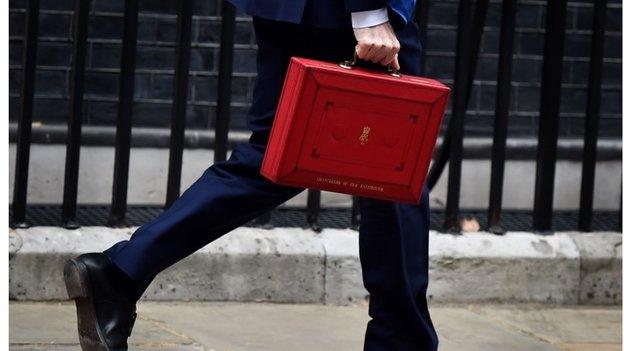
- Published8 July 2015
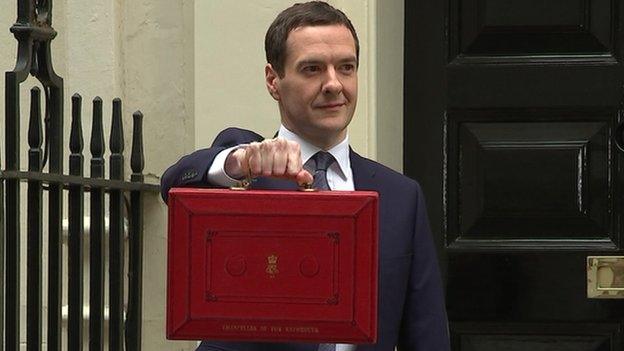
- Published18 June 2015
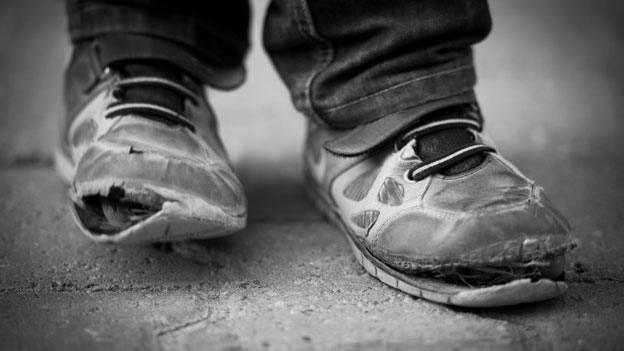
- Published1 July 2015
